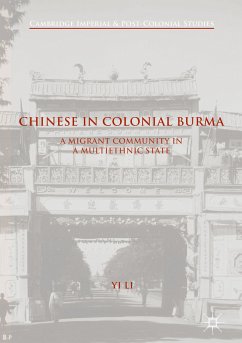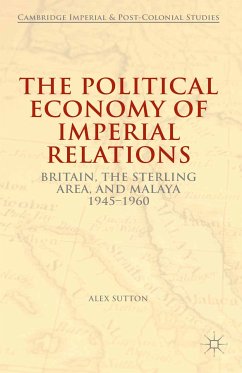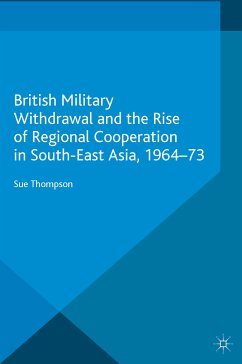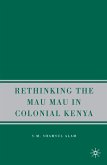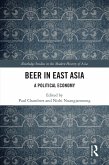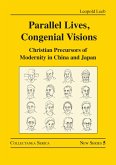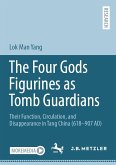Using previously unexplored archives from colonial institutions and individuals, and primary materials produced by the Burmese Chinese, this comprehensive study investigates over a century of history of the Burmese Chinese under British colonial rule. Due to the peculiar position of Burma in the British imperial world and the Southeast Asian Chinese network, the Chinese community had a unique experience in a Southeast Asian colony governed by Europeans with an India-based system. This book reveals, through everyday life experience, prominent community figures, and milestone events, the internal rivalry and integration among different regional groups within the community, and the general impressions it left in contemporary observations and communal memories. The book also traces historical roots of some unsolved ethnic issues in present-day Myanmar.
Dieser Download kann aus rechtlichen Gründen nur mit Rechnungsadresse in A, B, BG, CY, CZ, D, DK, EW, E, FIN, F, GR, HR, H, IRL, I, LT, L, LR, M, NL, PL, P, R, S, SLO, SK ausgeliefert werden.
"Li's book is a very valuable one. Throughout the book she has successfully kept a transnational vision by interweaving the histories of political change in china, the expansion of the British imperial world and the evolution of the Burmese Chinese community. ... the book has provided an inspiring basis for looking at the lives of Burmese Chinese during the British colonial period, and for continuing endeavours to explore other related archives and relevant materials." (Wen-Ching Chang, SOJOURN - Journal of Social Issues in Southeast Asia, Vol. 33 (3), November 2018)
"Li's exhaustive coverage of Chinese and English language sources provides a new look at how the Chinese in Burma, as a smaller percentage of the diaspora in Southeast Asia, continued to transplant many of the same political, economic, and social networks through kinship connections. ... it is certainly an invaluable contribution to the history of Chinese diasporic experiences, and necessary reading for scholars of Chinese and Southeast Asian studies." (Siew Han Yeo, Journal of Burma Studies, Vol. 22 (1), June, 2018)
"Li's exhaustive coverage of Chinese and English language sources provides a new look at how the Chinese in Burma, as a smaller percentage of the diaspora in Southeast Asia, continued to transplant many of the same political, economic, and social networks through kinship connections. ... it is certainly an invaluable contribution to the history of Chinese diasporic experiences, and necessary reading for scholars of Chinese and Southeast Asian studies." (Siew Han Yeo, Journal of Burma Studies, Vol. 22 (1), June, 2018)
Es gelten unsere Allgemeinen Geschäftsbedingungen: www.buecher.de/agb
Impressum
www.buecher.de ist ein Internetauftritt der buecher.de internetstores GmbH
Geschäftsführung: Monica Sawhney | Roland Kölbl | Günter Hilger
Sitz der Gesellschaft: Batheyer Straße 115 - 117, 58099 Hagen
Postanschrift: Bürgermeister-Wegele-Str. 12, 86167 Augsburg
Amtsgericht Hagen HRB 13257
Steuernummer: 321/5800/1497
USt-IdNr: DE450055826
Bitte wählen Sie Ihr Anliegen aus.
Rechnungen
Retourenschein anfordern
Bestellstatus
Storno

